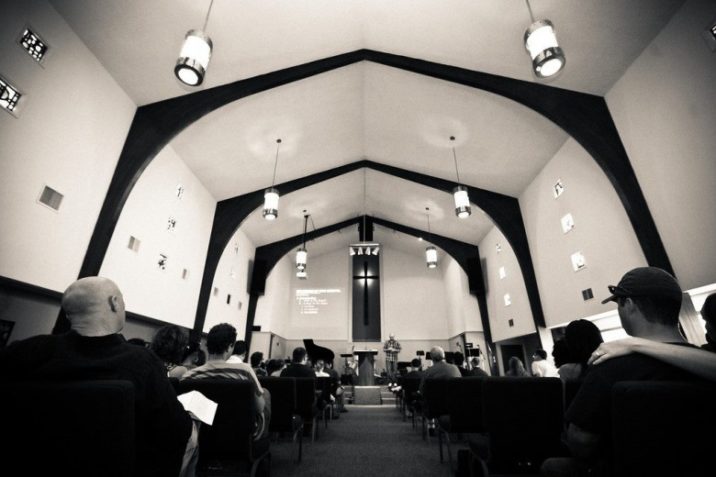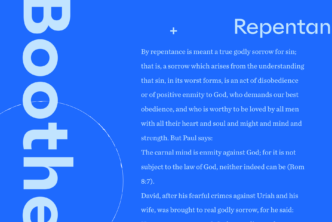Years ago, The Atlantic had an article entitled, “Study Theology, Even If You Don’t Believe in God.” The author of the article (Tara Isabella Burton) is a Clarendon Scholar at Trinity College, Oxford, where she is working on a doctorate in theology and literature. In this piece, she talks about studying theology as a secularist.
While reading, I was immediately drawn into thinking about my own theological education in various schools in the States and the UK that confessionally are very broad. As well, my pastoral ministry sparked many thoughts reading this, as a member of clergy for over two decades in a theologically minimalist denomination embedded in a complex urban center (Los Angeles, California) that is filled with many traditions, ideas, dogmas and questions. I thought, “If a nonbeliever can study theology, certainly believers should be studying theology with folks of different theologies.”
Autoethnographically, I have benefitted a great deal from exploring theology among peoples and in places that differ with my own convictions and culture, let alone from doing so—like Tara—in a context of unbelief altogether.
In a world that is filled with echo chambers of voices who reinforce ignorance and never challenge their own thinking, I firmly believe this is an important spiritual discipline (for lack of a better phrase) and also an intellectual exercise of testing one’s beliefs (and the epistemological presuppositions undergirding them).
I have two rationales on why this is the case. First, pastorally, I’m in a position to shepherd people who have different convictions than me, so understanding their ideas is a benefit to this calling, in hopes of serving them well. Second, as a worshipper of God (not to mention a pastor-teacher) with deep desires to be biblically accurate, testing my ideas against my best critics is very helpful and reassuring.
Practically, I have found that reading the brightest theologians who differ with me, reinforces my convictions. The fundamentalist fears of reading outside are existentially peculiar to me in this regard. At the end of the day, James 3:1 cautions me that as a teacher in the church I will be ultimately scrutinized by God himself, which is far more sobering and real than reading theologians I differ with or enrolling in a class (not to mention, listening to an online lecture!) that I disagree with.
In our global world of information-sharing and networking, more and more people are able to snuff out a person who is unexposed to the world of ideas, especially in the God-ordained pulpits of Bible preaching churches. In light of this, I encourage the pastors I train in the church and the students I educate in the university to read wide and be engaged.
Postmodernism is bombarding the church and culture with the idea that ‘there is no truth.’ God’s ministers and theologians need to be ready to engage and herald the truth in this age, which involves steeping ourselves in things we think differently about, so that in grace and truth we can speak.
The Rev. Dr. Matthew Jones is Pastor of Preaching and Vision at Del Rey Church in Los Angeles, CA.





